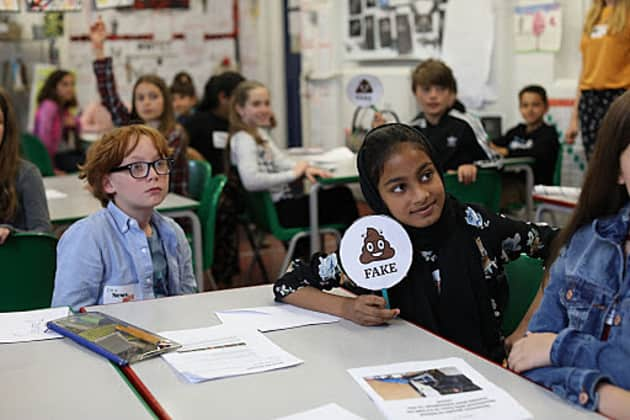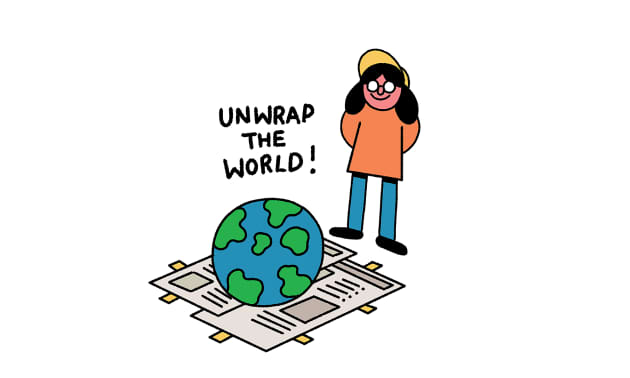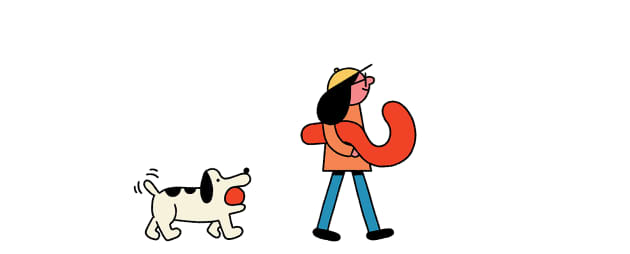


4 min
February 3, 2019
China bans Winnie the Pooh! McDonald's is banning the Big Mac! Which is true? Fake? Adults find it hard to tell the fake from real news, so how can we expect our children to not share misinformation when we’ve fallen for it? And why does it matter?
China bans Winnie the Pooh! McDonald's is banning the Big Mac! Which is true? Which is fake? Adults find it hard to identify fake from real news, so how can we expect our children to be experts and not share misinformation when we've all fallen for it? And why does it matter at all?
Children are bombarded with information from the moment they are born: from the TV, radio and the internet, from social media and music, and from the people around them. We work with lots of primary schools across the UK and every day we are impressed by the questions and insights from the children we meet: "What do you think about the Hillsborough reporting?"; "If someone told fake news about me I'd be sad and angry"; or "If the news told us to brush our teeth with mud, we'd all have dirty mouths!" A recent report from the National Literacy Trust showed that half of young people surveyed were worried about fake news. They are right to have concerns: on a small scale, disinformation can create confusion and anxiety, and affect what we believe and how we behave; multiplied by thousands, fake news can manipulate and mislead communities and voters and ultimately threaten democracy. So fake news is a real problem that the media, education and technology companies need to tackle together.

At NewsWise, a free project for 9- to 11-year-olds from the Guardian Foundation, National Literacy Trust, the PSHE Association and Google, we believe the ability to understand what the news is for, to identify fake news and its consequences, and to have the critical thinking skills to recognise bias, rumour and opinion are crucial skills that children need to develop to become savvy and engaged citizens. We know that our project is having an impact: after taking part in NewsWise, the majority of pupils have a more in-depth understanding of how and why news stories are created, are better able to spot fake news, and feel more confident about reading and discussing the news. One year 6 pupil from Wales said: "I went home and read a newspaper for the first time!"

We have created free lesson plans, resources and videos for you to use in the classroom, and space for this learning already exists in the curriculum: key elements of the English curriculum, such as the ability to ask critical questions about the intent of the writer, analyse language and write for a purpose, can all be brought to life in a news context. PSHE education requires an understanding of the media, of fairness, trust and power, and of the wider world. A teacher told us the most remarkable part of their news lessons were "seeing the children's interest in and understanding of the world flourish".

We believe that children have a right to be heard and to share issues that matter to them, in their own communities and the wider world, in their own voices. Through NewsWise, we give children a chance to produce their own news reports in their own words - for a real audience. Primary schools can be a source of great news stories and unique journalism; we want to give children the skills to tell stories that might otherwise go untold and share viewpoints that are not often heard.